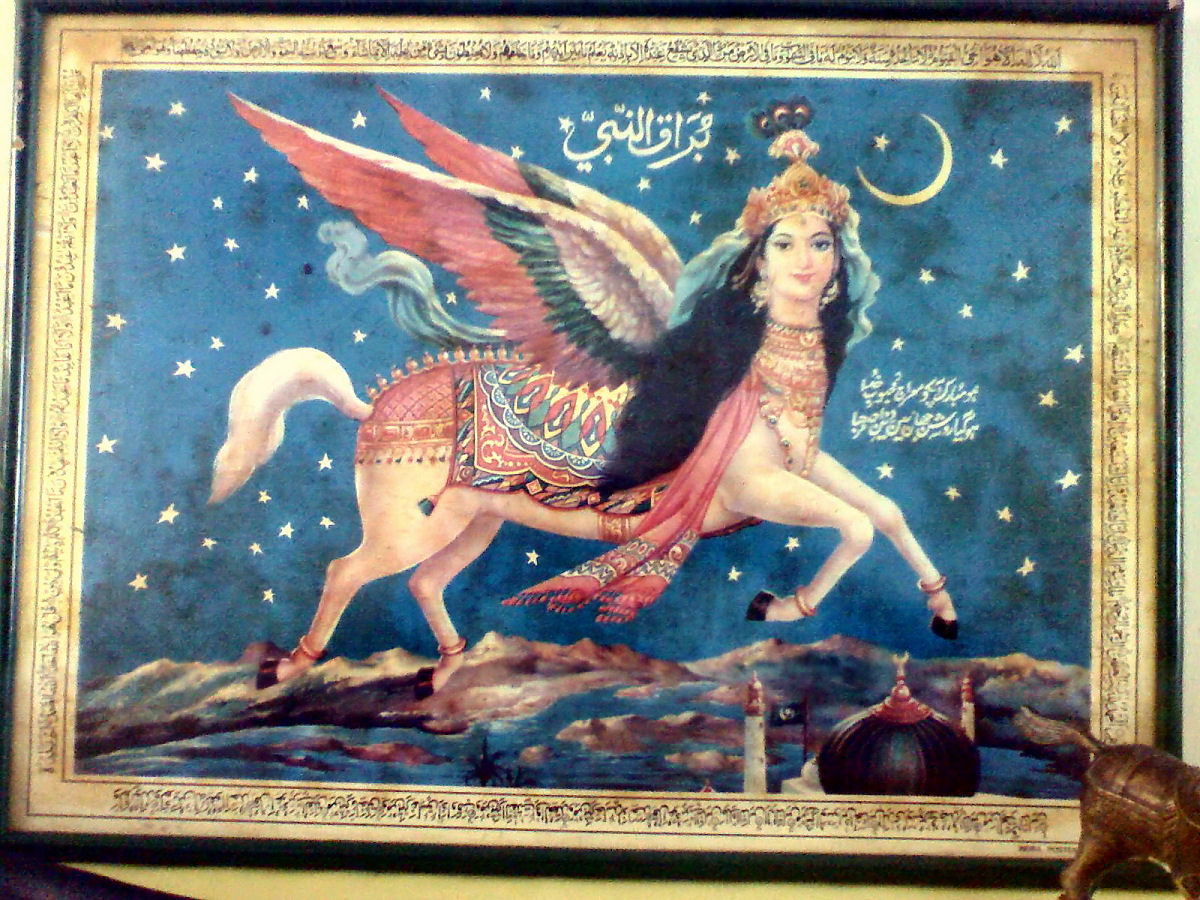While the NZ trade unions are continually protesting on behalf of those who believe Muhammad’s flight to Jerusalem on the back of a winged donkey which entitles them to kill Jews today, Jacinda Ardern’s “disinformation project” works to suppress criticism of her handling of the Covid 19 pandemic. What was initially a law to protect Muslims, has now became a law to protect Ardern from criticism. Islam takes a relatively back seat in the list of issues.
Ardern forgets the only anti-Muslim threat at the Wellington protest was the police who battered, arrested and trespassed one of a Wellington mosque’s child brides on their first day of police brutality. That’s anti-Muslim sentiment if ever there was any!
From the Disinformation Project paper on mis- and disinformation in New Zealand:
Links to far right
The most recent Covid-19 outbreak and the vaccine are strong symbols that are being used to push various far-right and conservative views. These include opinions and beliefs that are against gun control, against women’s rights, anti-gay, anti-transgender, anti-takat?pui, anti-immigration, anti-1080, anti LGBTQ+, conservative Christian/Christian supremacist, anti-Muslim, anti-Jewish, and anti-M?ori sentiment.
With a government focused on spreading dis-information, the Information Project focusing on the correct information regarding current political issues is long overdue.
This from stuff:

The Christchurch Call, first established to stop the spread of violent terrorist content on social media, could also be vital for preventing the spread of disinformation, Prime Minister Jacinda Ardern says.
However, Ardern says governments can’t be the ones to lead disinformation work, and is calling on social media giants to take responsibility for the disinformation on their platforms.
But as Elon Musk takes over Twitter, there’s concern one of the biggest social media platforms might backtrack on its commitment to the Christchuch Call.
Disinformation was raised as one of the country’s top security concerns at the annual He Whenua Taurikura hui on terrorism.
Ardern said the Government was particularly worried about the influence of Russian propaganda, with research from Microsoft showing it fuelled confusion and anxiety about Covid-19. She said disinformation had become a national security issue.
A survey, making up the first draft national security long-term insights briefing, also revealed that a quarter of the country saw disinformation as being the greatest national security threat in their lives. It was named as a top threat to national security, beside natural disasters, organised crime and terror attacks.
Combating disinformation would not be an easy task, with Ardern saying there was no simple fix. Ruling out the use of censorship technology, she said the Government would instead focus on public education and collaborating with tech giants and other organisations.
She said a Government-led approach to countering disinformation could be “counterproductive”, and stressed that communities and social media giants needed to lead this work.
She outlined a plan where the states and organisations brought together for the Christchurch Call could turn their attention to disinformation.
But the ability for the social media giants to work together was uncertain. For one, she said they wanted to work with companies that had not yet engaged with the Call. As Kitteridge noted, most of the anti-authority extremists purposely used platforms that were encrypted and anonymous to try and avoid authorities.
And Twitter, which had been “deeply involved” in the Christchurch Call according to Ardern, now has a new owner in billionaire Musk. On Monday, just days after he bought the website, Musk used it to spread a conspiracy theory about the attack on US House Speaker Nancy Pelosi’s husband.
Ardern said she was yet to meet with Musk, but hoped he understood the “huge responsibility” of social media companies. She said Twitter’s new ownership had pushed projects such as the Christchurch Call into an “unknown territory”, but she was yet to meet Musk.
“My hope would be that he would stick strongly to the principle of transparency, because that is one of the things that he’s claimed that he is focused on,” she said.
The Christchurch Call would turn its attention to researching algorithms’ impact on radicalisation, she said. YouTube, Facebook, Twitter and other networks have been accused of fostering harmful echo chambers of vitriol and radical content.
“New Zealanders want us to do this work. They are concerned about mis and disinformation. It’s not about censorship. It’s about equipping people to identify when they may be subject to questionable information,” she said.
On Monday, Director-General of Security Rebecca Kitteridge? also highlighted her concerns about disinformation. She said it was fuelling “a sudden rise of anti-authority violent extremism”, which had required the Security Intelligence Service (SIS) to pivot a third of its counterterrorism staff to focus on anti-establishment threats.
Jacinda Ardern on countering disinformation, and the Christchurch Call with Elon Musk

